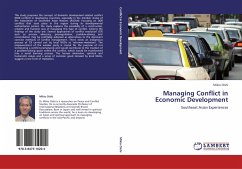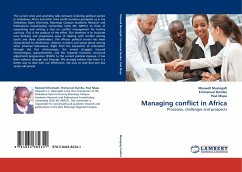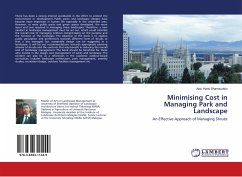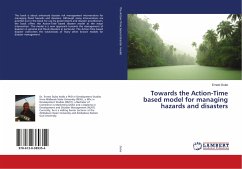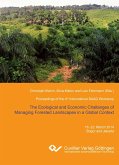This study proposes the concept of domestic development-related conflict (DDR conflict) in developing countries, especially in the member states of the Association of Southeast Asian Nations (ASEAN). Focusing on DDR conflicts that took place in the region during its developmental authoritarian period, the study explores the possibility of a constructive, creative and humane way of managing this type of conflict. Among the findings of the study are: Several approaches of conflict resolution (CR) such as process advocacy, prenegotiation, problem-solving and reconciliation may be profitably adopted as alternatives to the dominant coercive methods of conflict management. There exists an indigenous process of CR carried out by local NGOs as 'reformer-mediators'. The empowerment of the weaker party is crucial for the purpose of not terminating a conflict prematurely and would contribute to the creation of a problem-solving space within the conflict, which would be transformed into a social learning process. The human dimension, spiritual and humanistic values and a sense of common good stressed by local NGOs, suggest a new form of mediation.
Bitte wählen Sie Ihr Anliegen aus.
Rechnungen
Retourenschein anfordern
Bestellstatus
Storno

